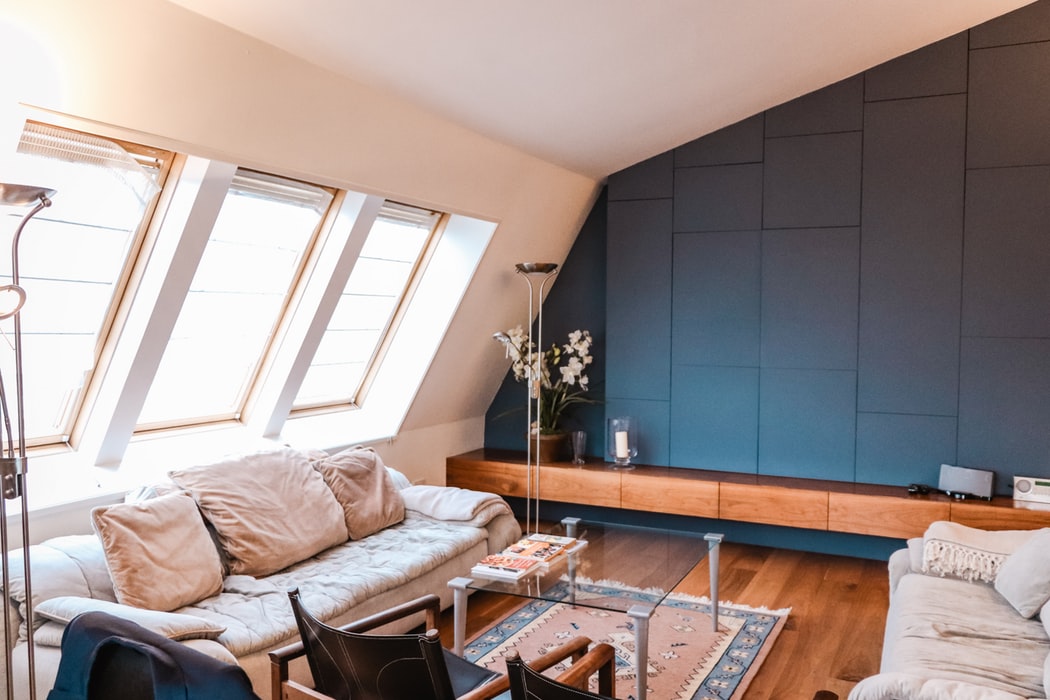How To Maintain Good Indoor Air Quality In Your Property
Indoor air pollution can be just as bad or even worse than outdoor pollution, according to a study published in the journal Science of the Total Environment. When most people think of the term 'air pollution,' what comes to mind is car exhausts and factory fumes expelling clouds of gray smoke and not the dust, fungal spores, chemicals, and other harmful particles that could be floating in their homes. Indoor air pollution can lead to various short-term health effects, such as coughing and headaches, as well as long term effects like respiratory illnesses and cancer. To prevent this, it is up to you as a homeowner or property manager to find ways to improve the air quality inside your home and get rid of indoor air pollutants permanently.

Change Your AC filter
One of the most important appliances in American homes is the air conditioning system; it is always working to ensure that your home has a perfect temperature year-round. The AC works by sucking in air from inside your home, passing it through an air filter to get rid of pollutants, and sending it back into your home as cold or hot air depending on your settings. Eventually, the air filters in your air conditioning system fill up with dirt and other pollutants, which not only causes trouble for your indoor air quality but can also wear down the AC system and lead to costly repairs. As such, it is vital to change your AC filters regularly so that you always have clean air flowing back into your home. You can even sign up for a fresh air filter delivery subscription service that ensures you always get a new AC filter delivered to your doorstep after a certain period.
Keep Your Carpets And Rugs Clean
Rugs and carpets do more than make your home more comfortable. They act as air filters, trapping dust and other pollutants in their many fibers. It gets even worse if you have pets or young children that are always dragging dirt onto the carpets. To keep your carpets and rugs pollutant-free, make sure you vacuum them at least once every week to get rid of any visible dirt. You can also hire a professional carpet cleaning company once every few weeks to perform a deep clean using specialized equipment and techniques.
Control Indoor Humidity
Moist and humid conditions are perfect for mold and mildew to thrive in your home. Any traces of mold and mildew indoors can lead to allergies and trigger respiratory issues like asthma. To prevent this, you need to maintain the humidity levels in your home at 50% or less. You can do this using a humidifier or through proper ventilation in areas that tend to be too humid. It is also important to conduct a mold inspection regularly to ensure that no mold spores are growing in any part of your home.
Keeping the air inside your home clean and breathable requires a lot of diligence and preventative maintenance. Whether you are a homeowner or property manager, you need to prioritize indoor air quality to keep the occupants healthy, happy and comfortable at all times.
Published 2/20/20